The Final Goodbye
Fellow Earthians,
Isn't it a wonderful world we share with all these beautiful animals? I'm sorry. Wasn't it a wonderful world we shared with all these beautiful animals?
That's right, these animals are no more. Every single one of them is now extinct. Two hundred years is all it took us to plunder and destroy what nature has been building for millions of years. As you scroll through, keep in mind, their blood is on our hands.
Few of the Species Lost in the Last Two Centuries
 |
| Image courtesy: Science |
Name: Ectopistes migratorius
Nickname: Passenger Pigeon
Home: North America
Cause of Extinction: Hunting
Year of Extinction: 1914
 |
| Image courtesy: The Rainforest Site Blog |
Nickname: Carolina Parakeet
Home: Eastern and midwest United States
Cause of Extinction: Habitat destruction, disease, pest control
Year of Extinction: 1918
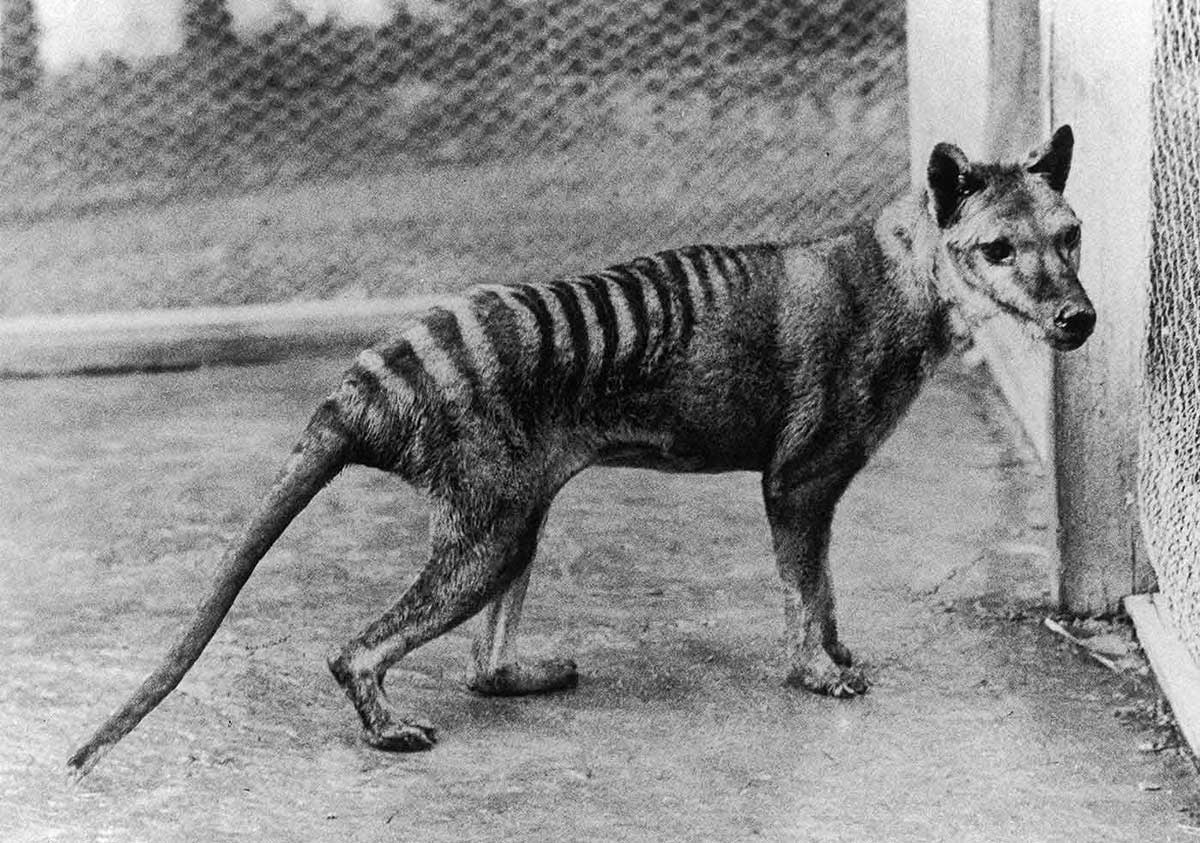 |
| Image courtesy: National Museum of Australia |
Nickname: Thylacine
Home: Dry eucalyptus forests, wetlands, and grasslands in continental Australia, Tasmania, and New Guinea
Cause of Extinction: Excessive hunting, habitat destruction, introduced disease
Year of Extinction: 1936
 |
| Image courtesy: Wikipedia |
Nickname: Schomburgk's Deer
Home: Swampy plains in central Thailand
Cause of extinction: Loss of habitat, excessive hunting
Year of extinction: 1938
 |
| Image courtesy: YouTube |
Nickname: Tecopa Pupfish
Home: Hot springs of Mojave Desert, California, United States
Cause of extinction: Drying out of waters, climate change, introduction of other invasive species to its natural habitat
Year of extinction: 1970
 |
| Image courtesy: Pinterest |
Nickname: Round Island Burrowing Boa
Home: Round Island, Mauritius
Cause of extinction: Prosecution by early settlers, habitat loss caused by soil erosion due to overgrazing by goats and rabbits
Year of extinction: 1975
 |
| Image courtesy: Wikipedia |
Nickname: Madeiran Large White
Home: Madeira
Cause of extinction: Loss of habitat due to construction, pollution from agricultural fertilizers
Year of extinction: 1977
 |
| Image courtesy: iNaturalist |
Nickname: Dutch Alcon Blue
Home: Netherlands
Cause of extinction: Increase in farming which lead to loss in main food source
Year of extinction: 1979
 |
| Image courtesy: Pinterest |
Nickname: Bishop's Oo
Home: Montane forests, Hawaii, United States
Cause of extinction: Deforestation, hunting by Hawaiians
Year of extinction: 1980s
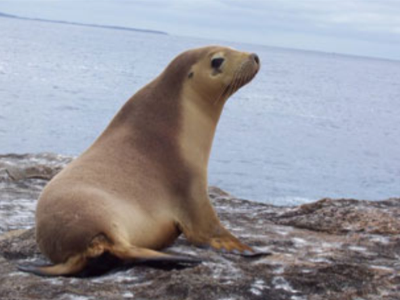 |
| Image courtesy: FlowVella |
Nickname: Japanese Sea Lion
Home: Northwest Pacific coastline, Sakhalin Island
Cause of extinction: Over-fishing, submarine warfare during World War II
Year of extinction: 1980s
 |
| Image courtesy: It's Nature |
Nickname: Javan Tiger
Home: Java, Indonesia
Cause of extinction: Habitat destruction, hunting, main prey (rusa deer) lost to disease
Year of extinction: 1980s
 |
| Image courtesy: Green Diary |
Nickname: Golden Toad
Home: Cloud forests of northern Costa Rica
Cause of extinction: Drying up of moisture due to drought caused by air pollution, climate change and 1986-87 El Nino phenomenon
Year of extinction: 1989
 |
| Image courtesy: iStock |
Nickname: Glaucous Macaw
Home: Paraguay, Argentina, Brazil
Cause of extinction: Hunting, loss of habitat with growing deforestation for agriculture and cattle farming, persistent cutting down of the Yatay palm trees which provided them nourishment
Year of extinction: 1990s
 |
| Image courtesy: HBW Alive |
Nickname: Java Lapwing
Home: Marshes and deltas of Java, Sumatra, and Timor
Cause of extinction: Habitat destroyed due to land clearance for industrial activities, hunting
Year of extinction: Mid-1990s
 |
| Image courtesy: MothShots |
Nickname: Orange Upperwing Moth
Home: Britain
Cause of extinction: Industrialization, use of chemical pesticides
Year of extinction: 2000s
 |
| Image courtesy: Christian Science Monitor |
Nickname: Pyrenean Ibex
Home: Iberian Peninsula, Pyrenees
Cause of extinction: Poaching, disease, inability to compete with domestic and wild ungulates for food and habitat
Year of extinction: 2000
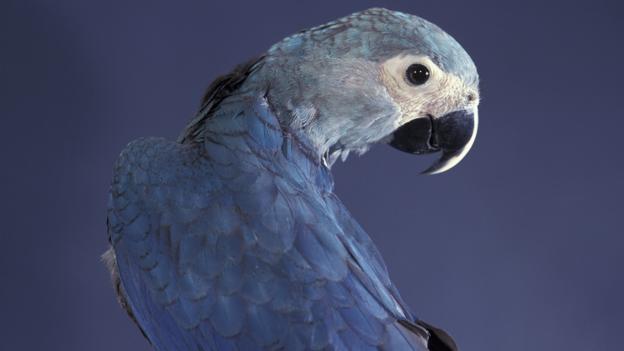 |
| Image courtesy: BBC |
Nickname: Spix Macaw
Home: Brazil
Cause of extinction: Illegal trafficking, destruction of habitat due to human influences
Year of extinction: 2000
 |
| Image courtesy: Wikipedia |
Nickname: Zanzibar Leopard
Home: Unguja Island in the Zanzibar archipelago, Tanzania
Cause of extinction: Persecution by local hunters
Year of extinction: 2002
 |
| Image courtesy: Wikipedia |
Nickname: Po'ouli
Home: Maui, Hawaii, United States
Cause of extinction: Loss of habitat, disease
Year of extinction: 2004
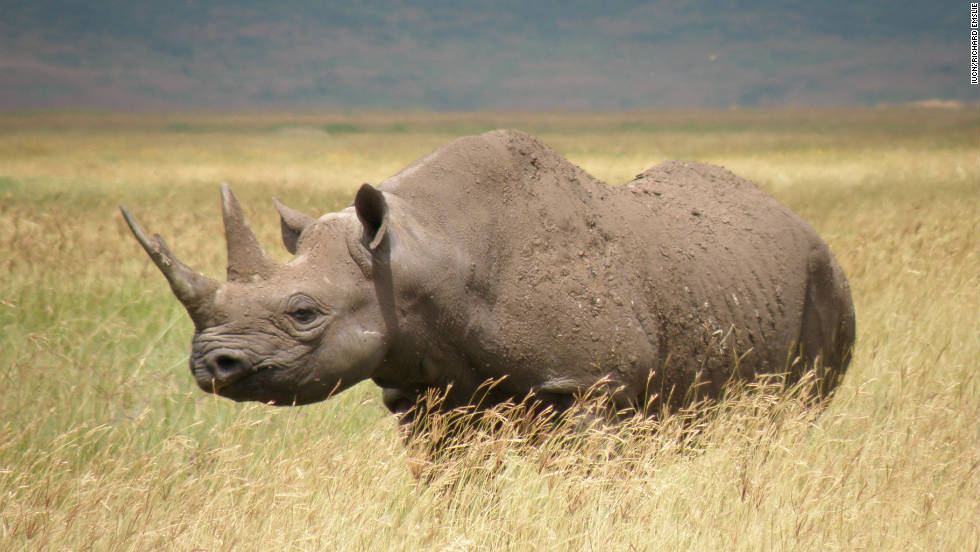 |
| Image courtesy: CNN.com |
Nickname: West African Black Rhinoceros
Home: Southeast Africa
Cause of extinction: Hunted for horns which were believed to have medicinal properties
Year of extinction: 2011
 |
| Image courtesy: National Post |
Nickname: Pinta Giant Tortoise
Home: Ecuador
Cause of extinction: Pollution of water, habitat destruction, consumption of plastic waste, hunting and trapping in trawler fishing nets
Year of extinction: 2012
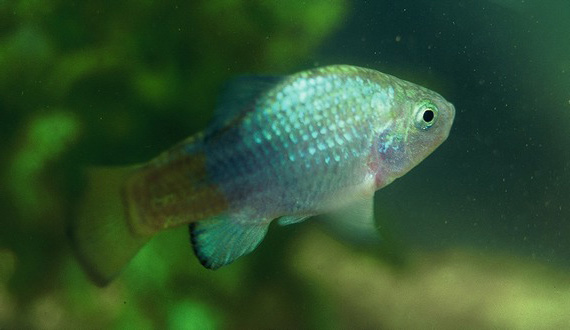 |
| Image courtesy: Natural history |
Nickname: Catarina Pupfish
Home: Wetlands of Nuevo Leon, Mexico
Cause of extinction: Habitat destroyed by extraction of groundwater for industry, farming, and ecological changes caused by building of dams and diversion of streams
Year of extinction: 2014
.jpg) |
| Image courtesy: Wikipedia |
Nickname: Alagoas Foliage-gleaner
Home: Brazil
Cause of extinction: Hunting and trapping for exotic pet trade
Year of extinction: 2018
 |
| Image courtesy: Wikipedia |
Nickname: Northern White Rhinoceros
Home: Uganda, Sudan, Chad, Central African Republic, Democratic Republic of Congo
Cause of extinction: Poaching, loss of habitat
Year of extinction: 2018
 |
| Image courtesy: Hawaii Magazine |
Nickname: Hawaiian Snail
Home: Hawaii, United States
Cause of extinction: Invasive species, climate change
Year of extinction: 2019
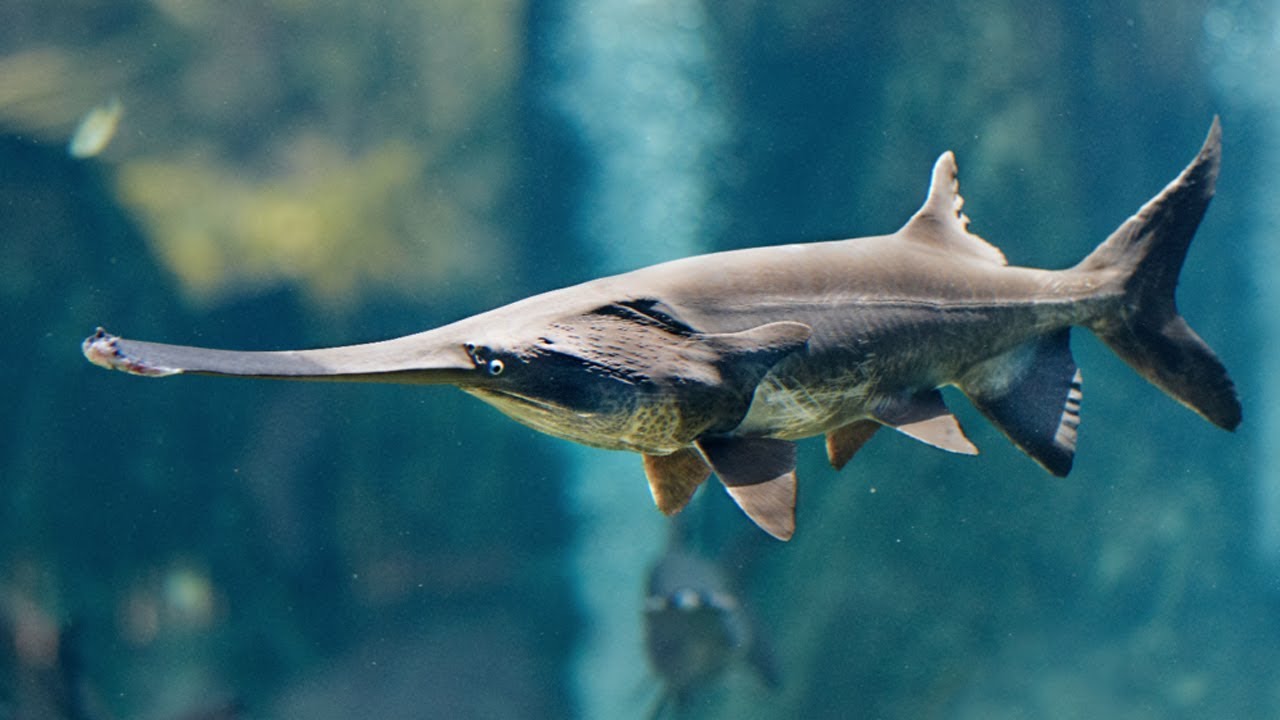 |
| Image courtesy: Drishti IAS |
Nickname: Chinese Paddlefish
Home: Freshwaters of Yangtze River, China
Cause of extinction: Habitat destroyed by construction of Gezhuba Dam which barricaded the fish from their only spawning ground upstream
Year of extinction: 2020
When people die, we have two minutes of silence in their honour. Ironically, for these species, it was our silence that killed them. As A.D. Williams said, "To survive today, other animals must endure global warming, pollution, and fewer habitats. More tragically, they must endure the silence of human hearts."
Let us pledge to be silent no more, and lend our voices to those poor creatures who do not have their own. Now is the time to make noise! Now is the time to make our voices heard as glaciers melt in Antarctica, and coral reefs suffer their worst bleaching in history. Let us protest against the poaching of leopards, elephants and rhinos, and cry out against illegal wildlife trade in Kenya, China, and India.
It is true that the Anthropocene or Sixth Mass Extinction has started, but we can still stop it before it gets worse. Though millions of animals have died, there are billions more whom we can save, whom we must save. All we have to do, is make a little bit of noise.
Whatever we do affects all animals. When inaction isn't an option, to help or to harm ought to be a simple choice.


Great article... very informative! However, it saddens me beyond description to know that within 4 months of this year we have been able to abolish a whole species. How cruel are we!
ReplyDeleteThank you. I only wish there weren't these many extinct species to chronicle... and this was just the tip of the iceberg. Indeed we are cruel, but there is still a lot of good we can do, if only we set our mind to it.
Delete